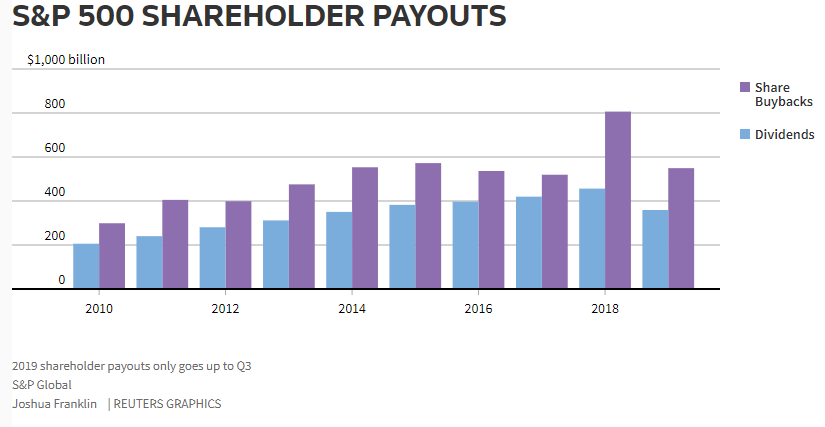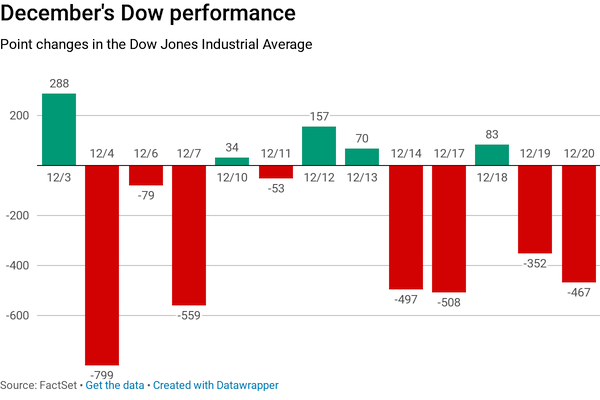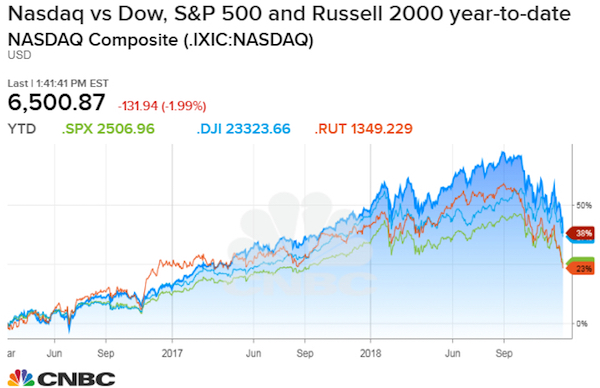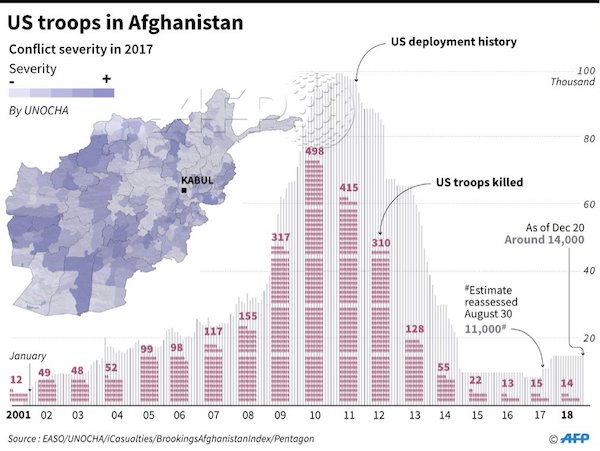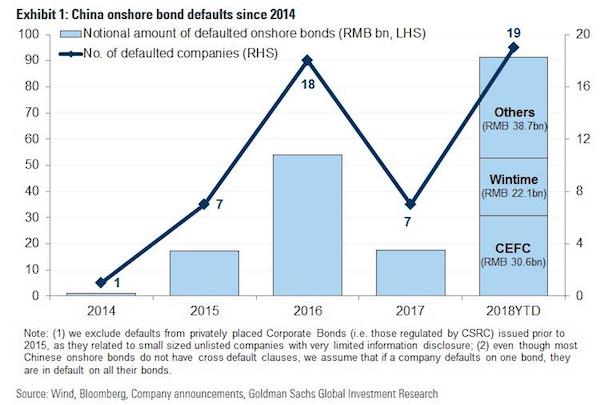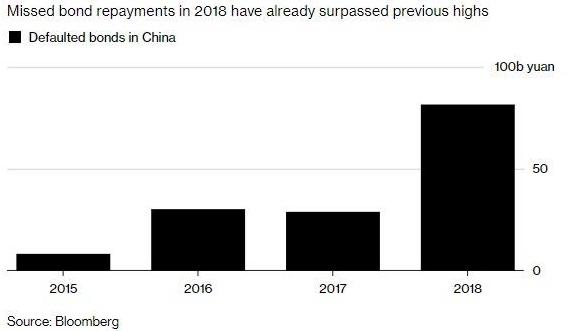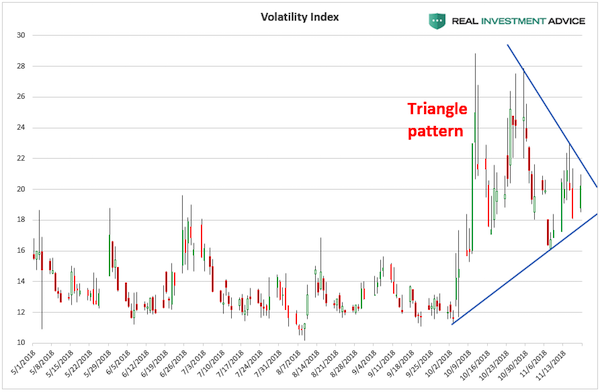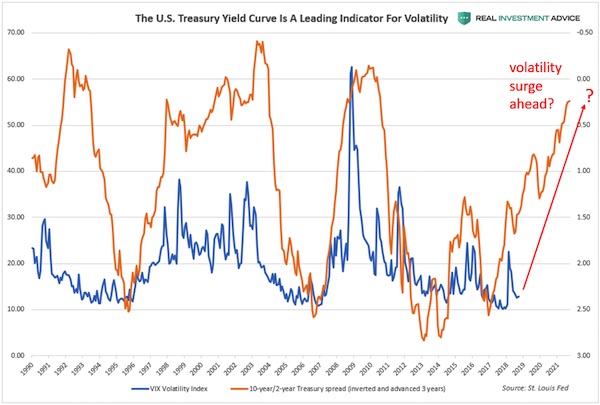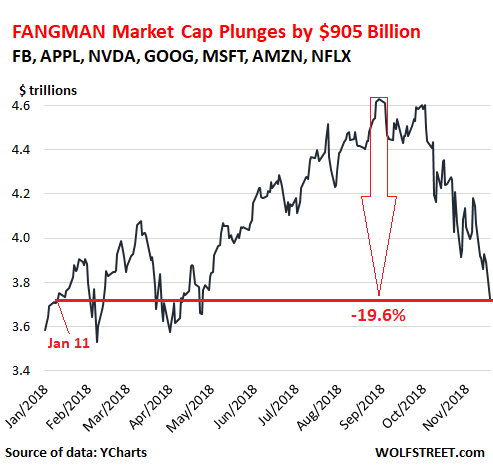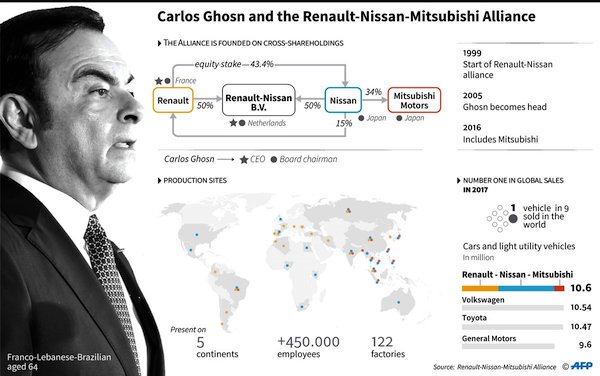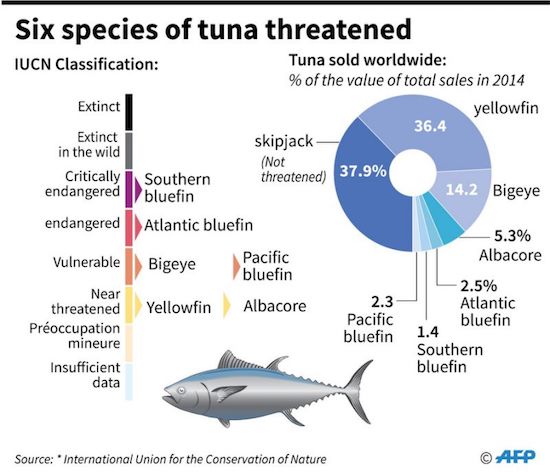
John Vachon Five o’clock crowds, Chicago 1941

“…citing ‘urgent’ concerns on Iran strategy…”
This of course cannot be about Trump alone. It has to concern an assessment of all past and future presidents too. Plus, you may be forced to change the Constitution. So future potential Democrat presidents will see their hands tied by Pelosi in 2020, and we’ll need an in-depth discussion about Obama and Hillary’s actions in Syria, Libya etc., because, again, it can’t be just about Trump. Is taking out Soleimani so much worse than raping Ghadaffi to death with a bayonet?
This is going to take a lot of time. More than the 10 months until the next election. In which Pelosi should ostensibly run if she wants to usurp the president’s powers.
• Pelosi Seeks To Limit Trump’s War Powers (USAT)
The House will vote Thursday on a measure that would limit President Donald Trump’s ability to wage war with Iran, Speaker Nancy Pelosi announced. The Democratic House speaker said Trump’s action last week – authorizing a drone strike that killed top Iranian General Qasem Soleimani – was “provocative and disproportionate” and done without consulting Congress. Thursday’s debate will shine a spotlight on the Soleimani killing and the possibility of further escalation between the U.S. and Iran. It will also air constitutional questions about the president’s ability to order military action without congressional authorization.
“Members of Congress have serious, urgent concerns about the administration’s decision to engage in hostilities against Iran and about its lack of strategy moving forward,” Pelosi said. “To honor our duty to keep the American people safe, the House will move forward with a War Powers Resolution to limit the President’s military actions regarding Iran.” But even if the measure passes the House, which is controlled by Democrats, it will face hurdles in the GOP-controlled Senate. And Trump can veto the measure, as he did last year when Congress tried to end the American military role in Yemen.
Pelosi’s decision to move forward with the war powers measure came after Iran retaliated on Tuesday for Soleiman’s killing by launching ballistic missiles at two Iraqi airbases that house U.S. and coalition forces. Trump said that incident did not cause any American casualties and resulted in only minimal damage, as he sought to lower tensions with Iran in an address to the nation Wednesday. But Pelosi and other Democrats said they remained alarmed at the possibility of further military confrontation. “The consequences of this strike already … have been cataclysmic,” said Sen. Christopher Murphy, D-Conn., a member of the Senate Foreign Relations Committee. He and others said the situation could still easily spiral out of control.

They get worried over their seats.
• Pelosi Loses Senate Democrats On Trump Impeachment Delay (BBC)
The US Congress’ most powerful Democrat is losing support among Senate allies as she holds up President Donald Trump’s impeachment trial. House of Representatives Speaker Nancy Pelosi has delayed sending the articles of impeachment to the Senate in a tussle over rules with Republicans. Senator Dianne Feinstein called on Mrs Pelosi, her fellow California Democrat and ex-neighbour, to “send it over”. The Senate’s Republican leader vowed there would be “no haggling”. Mitch McConnell said he can muster the majority of 51 votes needed among his fellow Republicans in the Senate to codify the proceedings without Democratic support. Senate Democrats said prolonging the standoff would be pointless.
“The longer it goes on the less urgent it becomes,” Senator Feinstein said on Wednesday, Bloomberg News reported. “So if it’s serious and urgent, send them over. If it isn’t, don’t send it over.” The political trial of Mr Trump cannot begin until the Democratic-controlled House sends its articles of impeachment, the charges against the president, to the Senate. Senator Chris Coons, a Delaware Democrat, told Politico: “I respect the fact that [Pelosi] is concerned about the fact about whether or not there will be a fair trial, but I do think it is time to get on with it.” Senator Jon Tester, a Montana Democrat, said: “I don’t know what leverage we have. It looks like the cake is already baked.” Joe Manchin, a West Virginia Democrat, also said he believed it was time to start the Senate trial.

“If Pelosi sought leverage over the Senate, McConnell said, “no such leverage exists … it will never exist.”
• McConnell Won’t Haggle With House Over Impeachment Trial Plan (R.)
U.S. Senate Majority leader Mitch McConnell said on Wednesday the Senate would not haggle with the House of Representatives over procedures for President Donald Trump’s impeachment trial, adding that the Senate would make a decision on calling witnesses for the trial at the appropriate time. Speaking on the Senate floor, the Republican senator expressed exasperation that House Speaker Nancy Pelosi, in a letter to her fellow Democrats on Tuesday night, had indicated she would continue holding back the House-passed articles of impeachment from the Senate until she knows more about Senate plans for the impeachment trial.
McConnell did not specifically answer Pelosi’s demand, but lambasted her actions as “game-playing” and said she could not dictate the Senate’s trial proceedings. “There will be no haggling with the House over Senate procedure. We will not cede our authority to try this impeachment,” McConnell said. If Pelosi sought leverage over the Senate, McConnell said, “no such leverage exists … it will never exist.” He accused Pelosi of wanting to keep Trump “in limbo” over the trial indefinitely. The House in December charged Trump with abusing his power for personal gain by asking Ukraine to announce a corruption investigation of former Vice President Joe Biden, a leading contender for the Democratic nomination to face Trump in November’s presidential election.
It also charged the president with obstructing Congress by directing administration officials and agencies not to cooperate with the impeachment inquiry. Under the U.S. Constitution, the House brings impeachment charges, while impeachment trials are held by the Senate. But McConnell has said that Senate rules prevent the Senate from starting the trial until the House sends it the articles of impeachment, and the House has not done so.

I like the ones who locate Iran inside the USA.
• Can You Locate Iran On A Map? Few Americans Can. (MC)
As tensions between the United States and Iran rise in the aftermath of the American drone strike that killed the country’s most powerful commander, Gen. Qassem Soleimani, a new Morning Consult/Politico survey finds fewer than 3 in 10 registered voters can identify the Islamic republic on an unlabeled map.
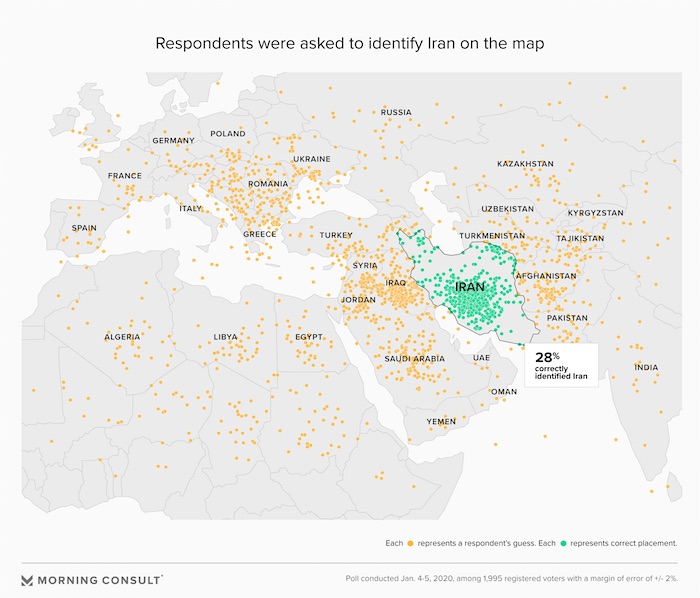
Twenty-eight percent of registered voters were able to accurately label Iran on a map of the Middle East region, according to new Morning Consult/Politico polling conducted Jan. 4-5, before the Iranian military fired missiles at two bases in Iraq housing U.S. troops. Twenty-three percent could identify the country on a larger, also unlabeled, global map. Eight percent of voters thought Iran was Iraq on the smaller map.
The polling experiment sheds light on voters’ geographical unfamiliarity with foreign countries, even those with which the United States has been engaged in sustained conflict. Some respondents fared better than others, however.
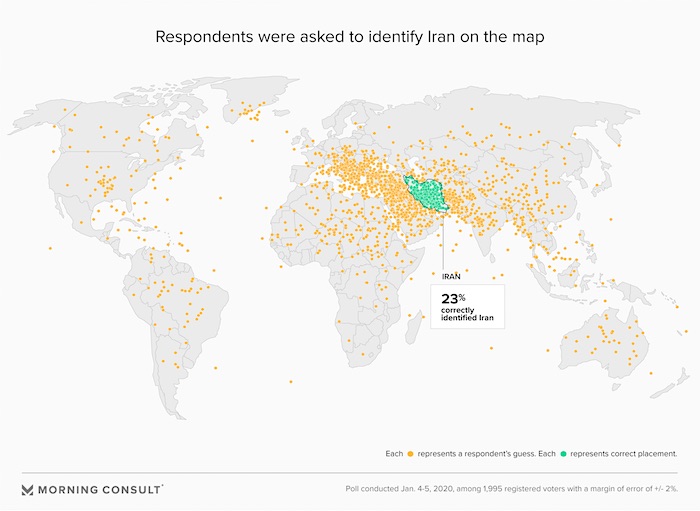

When will the first people stand up and say we can’t afford to grow any longer?
• World Bank Trims 2020 Growth Forecast (R.)
The World Bank on Wednesday trimmed its global growth forecasts slightly for 2019 and 2020 due to a slower-than-expected recovery in trade and investment despite cooler trade tensions between the United States and China. The multilateral development bank said 2019 marked the weakest economic expansion since the global financial crisis a decade ago, and 2020, while a slight improvement, remained vulnerable to uncertainties over trade and geopolitical tensions. In its latest Global Economic Prospects report, the World Bank shaved 0.2 percentage point off of growth for both years, with the 2019 global economic growth forecast at 2.4% and 2020 at 2.5%.
“This modest increase in global growth marks the end of the slowdown that started in 2018 and took a heavy toll on global activity, trade and investment, especially last year,” said Ayhan Kose, the World Bank’s lead economic forecaster. “We do expect an improvement, but overall, we also see a weaker growth outlook.”
The latest World Bank forecasts take into account the so-called Phase 1 trade deal announced by the United States and China, which suspended new U.S. tariffs on Chinese consumer goods scheduled for Dec. 15 and reduced the tariff rate on some other goods. While the tariff rate reduction will have a “rather small” effect on trade, the deal is expected to boost business confidence and investment prospects, contributing to a pickup in trade growth, Kose said. Global trade growth is expected to improve modestly in 2020 to 1.9% from 1.4% in 2019, which was the lowest since the 2008-2009 financial crisis, the World Bank said. This remains well below the 5% average annual trade growth rate since 2010, according to World Bank data.

Ghosn also has a French passport.
• Ghosn: Seeds of Renault-Nissan Crisis Were Sown By Macron (R.)
Ex-Nissan boss Carlos Ghosn said on Wednesday that a surprise corporate move, orchestrated five years ago by French President Emmanuel Macron who was then economy minister, soured relations between Renault and Nissan and contributed to his ouster. Ghosn, the former head of the car alliance, said Nissan executives and Japanese officials were shocked by a 2015 decision by the French government to increase its voting rights at Renault. “This left a big bitterness. Not only with the management of Nissan, but also the government of Japan,” Ghosn told reporters, although he did not name Macron. “And this is where the problem started.”
In April 2015, as a 37-year-old minister with then-unknown presidential ambitions, Macron ordered a rise in the state’s stake in Renault here designed to secure double voting rights. The overnight move gave the French state a blocking minority in Renault, which in turn controlled Nissan via its 43.4 percent stake in the Japanese firm. According to French and Japanese sources, that rattled the Japanese side of the Renault-Nissan alliance, which feared a national champion was falling under the control of the French government.

Ghosn was citing a 99.4% conviction rate in Japanese cases. Why have a lawyer?
• Carlos Ghosn And The Dark Corners Of Japanese Justice (G.)
Given his brash demeanour and immense wealth, Ghosn is not a sympathetic character. Indeed, he may well be guilty of financial misconduct. But he is right to shine a light into the dark corners of Japan’s justice system. Anyone familiar with the Japanese justice system would know that Ghosn’s allegations are not far-fetched. In Japan, laws are used as weapons against targeted people and not applied equally. One example of this is the “hostage justice” (hitojichi-shiho) system. Hostage justice boils down to the accused remaining in custody until they incriminate themselves by signing a confession. Often this is drawn up by prosecutors who browbeat the accused without defence counsel.
Knowing that the playing field is tilted in favour of the prosecutors and that they could spend a very long time in jail even before going to court, many innocent defendants confess. Ghosn spent more than 120 days in detention. In the late 1980s, a once high-flying company president called Hiromasa Ezoe was accused of bribery. Despite extreme pressure to confess, Ezoe defied prosecuting authorities by pleading not guilty. Over a decade of judicial purgatory later, he was effectively exonerated by receiving a suspended three-year sentence in 2003. In 2010 he published a book, Where is the Justice?, a savage indictment of a system in which the presumption of innocence is abandoned and defendants are railroaded. Ghosn may well have wanted to avoid this fate.
In Japan, the accused can be held for 23 days without charge – this is almost indefinitely renewable as judges normally give prosecutors the benefit of the doubt. In April 2019, more than 1,000 lawyers and scholars submitted a petition to the justice ministry demanding an end to this antediluvian system. The Japan Federation of Bar Associations has also long lobbied against it. The 2019 petition doesn’t mince its words, asserting that the “long-term detention in the Carlos Ghosn case has triggered surprise and criticism overseas, leading to doubts about Japan’s integrity as a democratic nation that guarantees human rights”.

“Worldwide, the military runs more than 170 golf courses.”
• Come Home, America: Stop Policing the Globe (Whitehead)
It’s time to bring our troops home. Bring them home from Somalia, Afghanistan, Iraq and Syria. Bring them home from Germany, South Korea and Japan. Bring them home from Saudi Arabia, Jordan and Oman. Bring them home from Niger, Chad and Mali. Bring them home from Turkey, the Philippines, and northern Australia. That’s not what’s going to happen, of course. The U.S. military reportedly has more than 1.3 million men and women on active duty, with more than 200,000 of them stationed overseas in nearly every country in the world. Those numbers are likely significantly higher in keeping with the Pentagon’s policy of not fully disclosing where and how many troops are deployed for the sake of “operational security and denying the enemy any advantage.”
As investigative journalist David Vine explains, “Although few Americans realize it, the United States likely has more bases in foreign lands than any other people, nation, or empire in history.” Don’t fall for the propaganda, though: America’s military forces aren’t being deployed abroad to protect our freedoms here at home. Rather, they’re being used to guard oil fields, build foreign infrastructure and protect the financial interests of the corporate elite. In fact, the United States military spends about $81 billion a year just to protect oil supplies around the world. The reach of America’s military empire includes close to 800 bases in as many as 160 countries, operated at a cost of more than $156 billion annually.
As Vine reports, “Even US military resorts and recreation areas in places like the Bavarian Alps and Seoul, South Korea, are bases of a kind. Worldwide, the military runs more than 170 golf courses.” This is how a military empire occupies the globe. Already, American military servicepeople are being deployed to far-flung places in the Middle East and elsewhere in anticipation of the war drums being sounded over Iran. This Iran crisis, salivated over by the neocons since prior to the Iraq War and manufactured by war hawks who want to jumpstart the next world war, has been a long time coming. Donald Trump, Barack Obama, George W. Bush, Bill Clinton: they all have done their part to ensure that the military industrial complex can continue to get rich at taxpayer expense.

The opposition will get rid of Guaidó, Maduro doesn’t have to do much.
• Juan Guaidó’s Surreal Regime Change Reality Show (GZ)
Fistfights and screaming matches broke out at Venezuela’s National Assembly on January 5, when the legislative body was scheduled to elect its leader. But the melee was not what the corporate US media has portrayed it as. The fights weren’t between the Chavistas who support the Bolivarian Revolution and President Nicolás Maduro on one side and opposition members on the other, but rather between competing members of the opposition itself. The opposition imploded because Juan Guaidó, the former president of the National Assembly and self-declared “interim president” of the country, lost his campaign to be reelected as head of the legislature.
The Venezuelan opposition is in a state of disaster — as it has been since former President Hugo Chávez’s first election in 1998. It’s a loose and ever-changing coalition of around a dozen political parties, with differing ideologies, strategies, and constituencies. The far right, which is comprised mainly of the Voluntad Popular and Primero Justicia parties, is filled with people who have been receiving financial and logistical support from the United States for the past 20 years. In the 2002 coup against then President Chávez, the far right briefly took over, and excluded the more moderate opposition from positions of power. The moderates learned the wrong lesson: instead of challenging the US-backed right, it caved to them, acceding to their plans of regime change and undemocratic maneuvers.
But an important split occurred between the moderates and the extremists during the presidential elections in May 2018. The moderates ignored the far right’s calls for a boycott and won 3 million votes in the presidential elections, out of a voting electorate of around 15 million people (with approximately 20 million eligible voters). In September 2019, these moderate opposition figures sat down with the Maduro administration and came to a wide-ranging agreement that included a bipartisan rejection of US sanctions and the appointment of new members of the National Electoral Council.
Between them, the moderates and Chavistas now represent more than 9 million votes, accounting for a full 60 percent of likely voters and 45 percent of eligible voters. This dialogue between two important sectors of Venezuela electoral politics helps explain why September, October, and November were easily the most stable three months for Venezuela in the past year. The dialogue led directly to the events of January 5 in Caracas.

Get out of the race, Joe, you’re muddying the field.
• Hunter Biden ‘Biological And Legal Father’ Of Stripper’s Child – Judge (Fox)
Hunter Biden, the son of presidential candidate Joe Biden, is the “biological and legal father” of a child he fathered with an ex-stripper, an Arkansas judge ruled Tuesday, contradicting the younger Biden’s previous denials that he had any role in the pregnancy. In an order establishing paternity, Independence County, Ark., Circuit Judge Holly Meyer noted that the results of DNA tests indicated Biden was the father “with near scientific certainty,” and instructed the Arkansas Department of Health to issue a birth certificate listing Biden as the father of 29-year-old Lunden Alexis Roberts’ child.
Roberts, who The New York Post reported was a stripper at a Washington, D.C., club that Biden patronized, received “primary physical and legal custody” of the child. In previous filings, Roberts told the court that Hunter Biden “had no involvement in the child’s life since the child’s birth, never interacted with the child, never parented the child,” and “could not identify the child out of a photo lineup.”
Biden “shall have visitation with the child as agreed between the parties,” Judge Meyer ruled. The next hearing in the case is now set for Jan. 29 at 9:30 a.m. ET, to address “temporary child support for the minor child and other matters,” the judge wrote, adding that the parties have until Jan. 16 to comply with all “pending discovery” which is currently “past due.” Another hearing is set for the morning of March 13 to handle any remaining discovery issues, with a final hearing on May 13 to set “permanent child support for the minor child.”



Include the Automatic Earth in your 2020 charity list. Support us on Paypal and Patreon.



